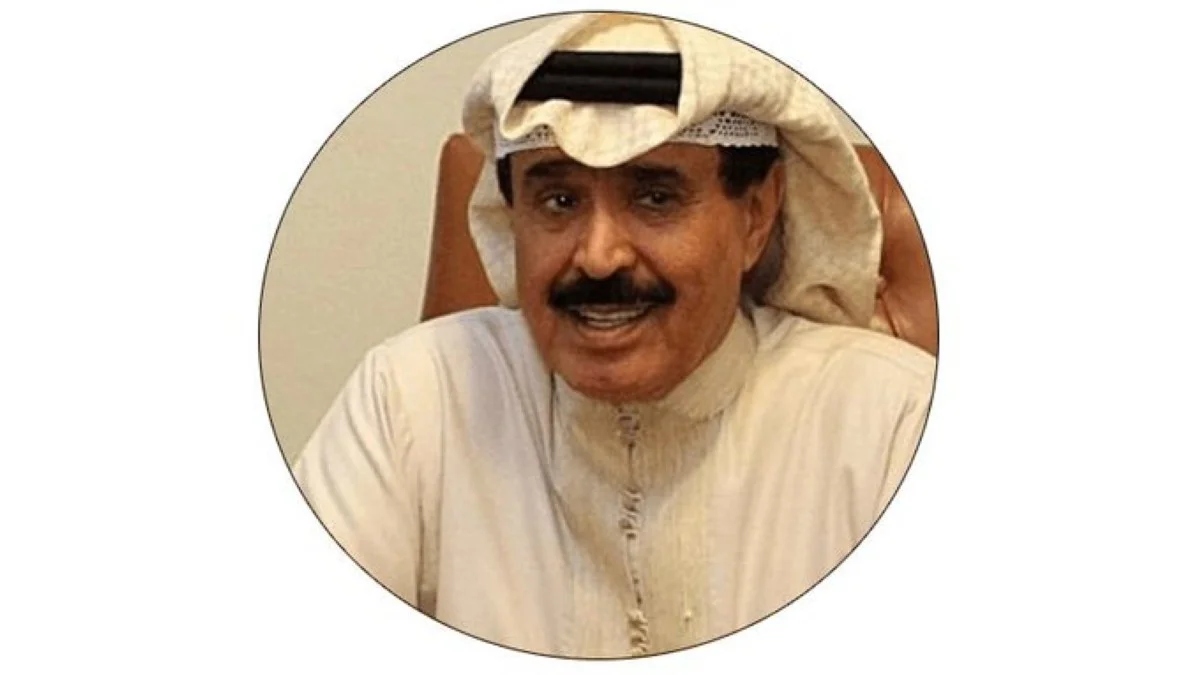23/11/2024
23/11/2024
IN political philosophy, a “benevolent dictatorship” refers to a system where the ruler governs for the good of all the people, rather than for personal, factional, or narrow interests. This concept, however, is rarely seen in the real world of politics. Nonetheless, some nations have seen development under such regimes. For instance, General Franco was able to navigate political unrest and separatist pressures while working to build a strong and prosperous Spain after the devastating civil war.
A similar scenario played out in China, where Mao Zedong, the founder of the modern state, successfully unified the country after decades of chaos and the opium crisis that colonial powers had inflicted over the previous two centuries. However, this matter was strongly opposed by the new government, and Mao worked tirelessly to deal with the famines that plagued his country. His successors continued on this path, particularly Deng Xiaoping, the builder of the modern Renaissance, who transformed the country into a global economic power. Similarly, Lee Kuan Yew, who governed Singapore, which was a small, impoverished island filled with forests, poverty, harsh weather, and rampant drug addiction, pursued a similar determined course.
Realizing that ignorance and illiteracy exacerbated poverty and social challenges, and knowing that time waits for no one, Lee set out to change this reality through a series of coordinated reforms after becoming president. To diversify the republic’s national income and transform it into the most financially successful nation in Southeast Asia, Lee Kuan Yew established the Economic Development Authority. He prioritized modernity and progress, drawing strength from the country’s ethnic diversity. His son, elected by the people to succeed him, proved to be equally astute.
Similarly, Ahmed Sukarno, Indonesia’s first president, faced challenges like those of the aforementioned leaders. He inherited a poor nation composed of roughly 17,500 islands and a densely populated population, all of which were grappling with the crises left behind by colonialism. However, Sukarno worked tirelessly to build economic and educational power in the country, and his successor, Suharto, continued this path of development, ultimately turning Indonesia into an economic powerhouse with huge global influence. In political societies that strive for leadership, some of these models have successfully built strong, stable nations capable of withstanding challenges.
In contrast, nations that adopt a particular style of government without making changes often deteriorate from within after succumbing to crises caused by a lack of renewal. Others may drown in chaos and corruption, requiring harsh reforms to eliminate the parasitic forces that thrive in the murky waters of selfish interests and the false claim of monopolizing the constitution and the law. On this basis, at 9:00pm on May 10, Kuwait found itself at a crossroads between decades of political chaos, which intensified after the liberation from the Iraqi invasion, and the beginning of much-needed reforms.
From administrative corruption and a lack of productivity, which transformed institutions into diwaniyas rather than functional hubs serving the people, to the monopolization of national projects by a select few at inflated costs, the chaos posed a serious threat to every aspect of life, much like a swamp teeming with the causes of disease. Despite its poorly executed plans, deliberate delays, and manipulation of national identity, the country’s recent catastrophes, caused by certain parliamentarians seeking electoral gain at the expense of the people, only became apparent recently.
Meanwhile, ministers, fearful of being grilled, carried out these demands without hesitation. On the evening of Friday, May 10, the bravest of men, His Highness Sheikh Meshal Al- Ahmad, stepped forward to put an end to the chaos. Through his speech, he immediately restored Kuwait’s strength and put it back on the path of patriotism, evoking memories of the past that the people of the region still talk about. By Saturday morning, May 11, the majority of Kuwaiti citizens breathed a sigh of relief, even if it simply meant that traffic on the streets returned to normal. Of course, this path has both supporters and opponents, the latter being those whose interests were disrupted and whose influence over state institutions was curtailed. Today, after more than six months, the achievements that have been realized demonstrate that the state is beginning to recover and is on the right track to regain its leadership and the historical role it has played for decades. Indeed, fruits do not ripen overnight, and time is required for their benefits to materialize.
However, anyone who knows His Highness the Amir Sheikh Meshal Al-Ahmad, or has met with him, can attest that he will never wrong anyone and does not tolerate injustice. His Highness swore to this, placing his hand on the book of his Lord, and after the noise of discord subsided, it became clear to all that the time for seriousness and action had arrived, and that “there is good ahead.”
Ahmed Al-Jarallah
Editor-in-Chief, the Arab Times



